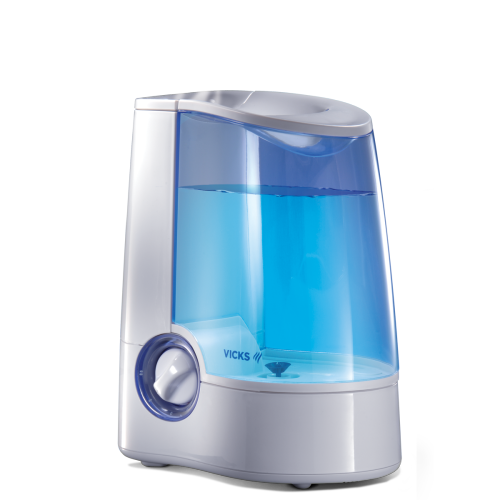When you’re sick, especially with a cold or a respiratory infection, your voice can become hoarse, weak, or strained. Fortunately, there are several effective strategies to help improve your voice quality and reduce discomfort while recovering.
1. Stay Hydrated
One of the best things you can do for your voice when you’re sick is to drink plenty of fluids. Water, herbal teas, and warm broths are excellent choices. Hydration helps keep your vocal folds lubricated, reducing irritation and allowing them to function more effectively. Avoid caffeine and alcohol, as they can dehydrate your body and worsen throat dryness.

2. Rest Your Voice
It may be tempting to talk through your sickness, but vocal rest is essential for recovery. When you’re sick, your vocal folds are already inflamed, so using your voice too much can lead to further strain or even damage. Limit speaking, and avoid whispering, as it can strain your voice even more than regular speaking. If you must communicate, try writing things down or using text-to-speech apps.
3. Use a Humidifier
Dry air can worsen throat irritation and make it harder for your vocal folds to heal. Using a humidifier in your room can add moisture to the air, which helps soothe your throat and keeps your vocal folds hydrated. This is especially helpful at night when indoor air tends to be drier.

4. Warm Saltwater Gargle
Gargling with warm saltwater can help reduce inflammation and soothe a sore throat. Mix about half a teaspoon of salt into a glass of warm water and gargle for about 30 seconds, a few times a day. This can help clear mucus and reduce swelling in your throat.
5. Avoid Irritants
Stay away from smoking, secondhand smoke, and other irritants, such as strong chemicals or cleaning agents. These can exacerbate throat irritation and cause further damage to your voice. Also, try to avoid spicy or acidic foods, which can irritate your throat.

6. Warm-Up Your Voice Gently
If you absolutely need to use your voice, start with gentle vocal warm-ups. Hum softly or do light lip trills (blowing air through your lips while keeping them loose). Avoid belting or any vocal exertion that could strain your already compromised vocal cords.
7. Use Throat Lozenges or Sprays
Lozenges or throat sprays containing ingredients like honey, menthol, or glycerin can help soothe your throat and temporarily improve your voice quality. However, be careful not to overuse them, as some throat sprays can cause dryness with prolonged use.

8. Avoid Clearing Your Throat
Frequent throat clearing can actually irritate and inflame your vocal cords, making the problem worse. If you feel the urge to clear your throat, try sipping warm water instead, or swallow gently to relieve the sensation.
9. Rest and Recover
Above all, rest is crucial when you’re sick. Your immune system is working hard to fight off the infection, and resting your voice allows your body to heal more effectively. Try to get plenty of sleep and avoid any strenuous vocal activity during your recovery period.

Conclusion
While a cold or illness can make your voice sound rough or strained, using these simple strategies can help you manage and improve your voice quality as you recover. Hydration, vocal rest, and avoiding irritants are key, and with a little patience, your voice will return to its normal state soon enough.
Other Posts

How To Take Take Care of Your Vocals
If you have ever played any sport, you know that your muscles need time to rest between high intensity activities. Not resting causes your muscles

Perfect Pitch: What Is It and Can You Learn It?
Having perfect pitch is this mysterious unicorn. Few people ever attain it and you’re not sure how to get it, that makes it an even

Rock Guitar 101: Twenty Essential Riffs Every Beginner Should Learn
Picking up the guitar is thrilling, especially when you can quickly dive into playing iconic rock riffs. Learning classic riffs isn’t just enjoyable—it also helps
